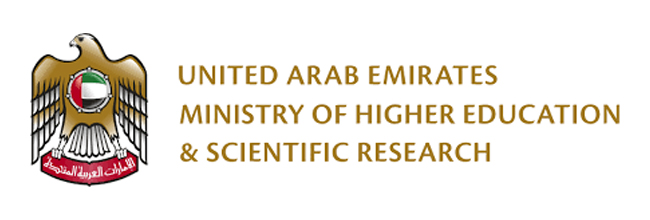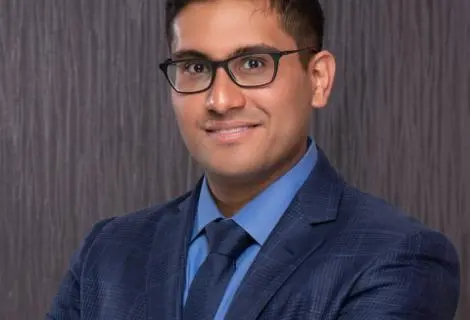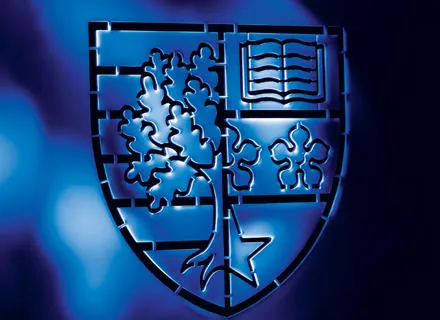Key information
- Level
- Postgraduate Taught
- Delivery type
- Full Time, Part Time
- Degree qualification
- MSc
- Mode of delivery
- On-Campus
- Duration
- 1 year
- Location
- Dubai
- Start date
- September, January
- Next intake
- September
The MSc in Petroleum Engineering at Heriot-Watt University is a degree of lectures and project work that encompasses a wide range of petroleum engineering fundamentals pertinent to the modern petroleum industry.
The degree allows students to study specific courses as well as undertake a field development project (with other students) and an individual research project. Project work provides an opportunity for ideas and methods assimilated through lectures and tutorials to be applied to real field evaluation and development design problems. The courses are applied in nature and have been designed so that a graduate is technically well prepared for, and has a sound knowledge of, the industry into which they will be recruited.
The degree has the principal objectives of providing specialist, high quality learning and teaching, along with a range of transferable skills, research awareness and improved employability.
January entrants
Students starting the MSc Petroleum Engineering in January should note that the part-time option runs for 4 semesters (24 months) + projects (May to August, 4 months) (total duration 32 months).
Please note that there is no full-time option available for the January intake.
Your student experience
This programme is accredited by the Ministry of Higher Education and Scientific Research in the UAE and the Quality Assurance Agency (QAA) in the United Kingdom.
All applicants seeking admission must secure recognition for their bachelor's degree through the UAE Ministry of Education – Higher Education Affairs. The process for obtaining attestation varies depending on whether your bachelor's degree was completed within the UAE or abroad. Ensuring that your degree is attested and recognised by the Ministry of Education is a crucial step in the admissions process.
To learn more about the process of how to obtain the certificate of recognition, please visit the MOE equivalency page.
Go Global
With Go Global, Heriot-Watt's global student programme, you can carry your studies to new places and experience new cultures, expanding your horizons on the way. You'll discover what it means to be a true global citizen and emerge prepared for wherever your career journey will take you.
Inter-Campus Transfer: United Kingdom
Inter-Campus Transfer: Malaysia
Course content
January Intake - Dubai
Year 1
Mandatory January
- Well Test Analysis
- Energy Project Economics
- Reservoir Engineering
- Production Technology
Mandatory September
- Drilling Engineering
- Formation Evaluation
- Geoscience with Integrated Data Science
- Reservoir Simulation
Mandatory Second January
- Field Development Project
- Individual Project
September Intake- Dubai
Year 1
Mandatory- September
- Drilling Engineering
- Reservoir Engineering
- Formation Evaluation
- Geoscience with Integrated Data Science
Mandatory - January
- Well Test Analysis
- Production Technology
- Reservoir Simulation
- Energy Project Economics
Mandatory - May
- Individual Project
- Field Development Project
Disclaimer
The courses mentioned above may change between now and the time that you study. For more information, please view our Terms and Conditions.
Programme Video
Fees and funding
| Status | Full Time | Part Time |
|---|---|---|
| Fee | AED 172,484 | AED 86,242 |
- All tuition fees inclusive of VAT.
Additional information
Financial support
We endeavour to arrange financial support for students accepted on to the courses, negotiating annually for industrial scholarships. These are allocated following interviews in early summer.
Entry requirements
We have standard entry requirements for all of our courses that you will have to meet.
Year 1
For MSc entry, a good relevant engineering Honours degree (first or second class) with a background in chemical, bioengineering, mechanical, physics, oil and gas or geology with good mathematical competence will be considered. Equivalent overseas qualifications will also be considered.
To find out more about the specific entry requirements for your country, please refer to our International Entry Requirements.
If you hold a degree from a different background and believe you may qualify for this programme or to find out more about the entry requirements for this programme, please send an email to dubaienquiries@hw.ac.uk
English language requirements
As our degrees are taught and assessed in English, applicants must be able to prove their level of English language ability.
The minimum English language requirement for entry to this programme is IELTS 6.0 (or equivalent) with no score lower than 5.5.
Please see our detailed English language requirements.
Why Heriot-Watt
As the first British university to set up a campus in Dubai in 2005, we have established ourselves as a pioneer in the higher education market in the UAE. The three consecutive five-star ratings by the Knowledge and Human Development Authority (KHDA) is a testament to our reputation for world-class teaching.
The futuristic Dubai campus is designed to offer interactive and collaborative learning experiences with innovative classroom styles fostering group work and engagement like Collaborative lecture theatres, Digitally Classrooms and Seminar rooms. The campus also has dedicated cutting-edge laboratories and workshops that span various engineering disciplines along with Psychology, IT, Photography, Design and Architecture.
Our practical, leading-edge research combined with strong links to business and industry, have made our graduates highly employable and sought after by the best organisations worldwide, with over 90% in graduate-level jobs or further study within six months of graduation. On top of that, we have beautiful campuses, across the globe, so you'll get a truly international education through our Go Global programme.
Student life
Explore facilities, and chat to staff and students









